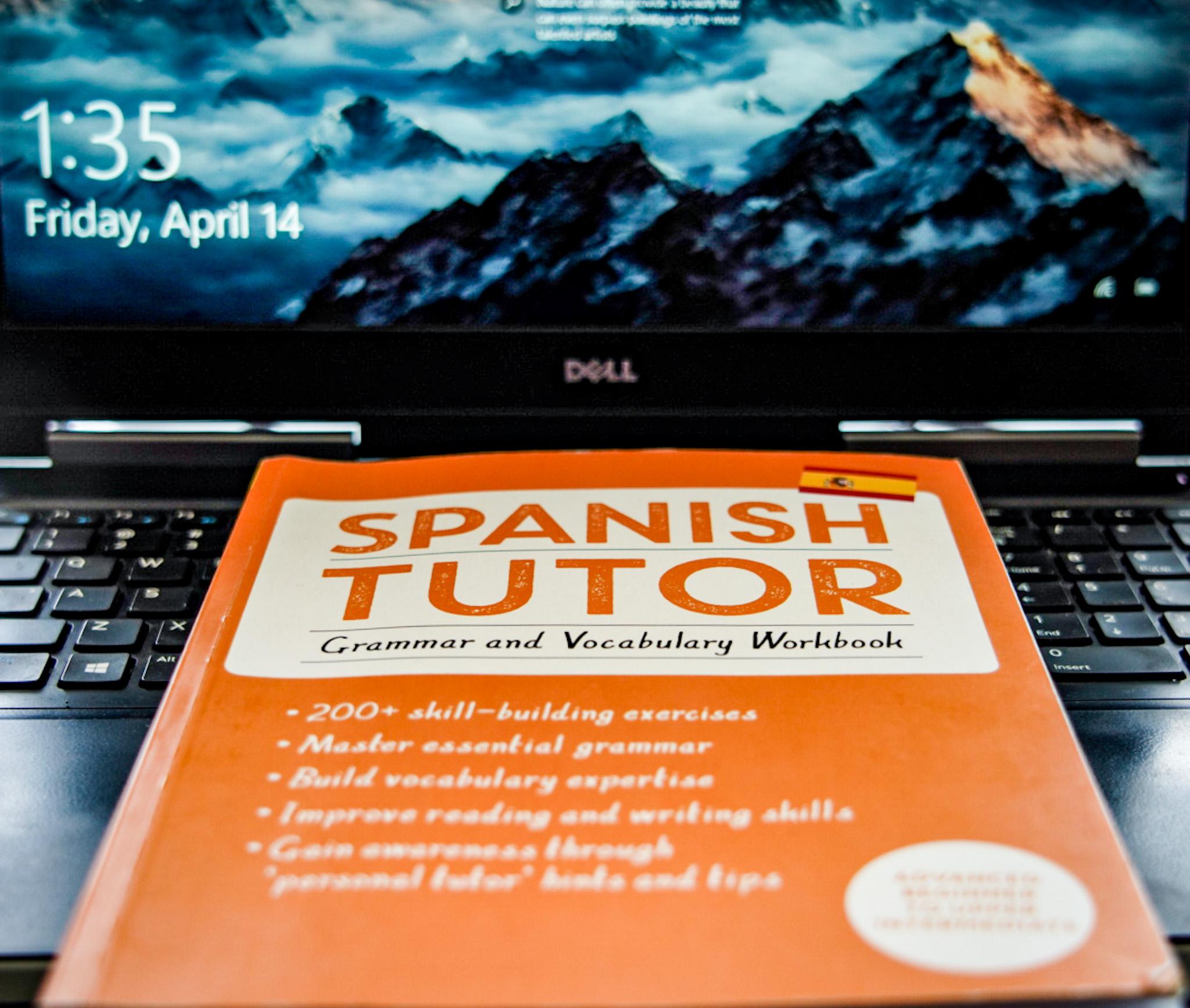In the bustling tapestry of modern life, where the clamor of daily demands often drowns out the subtle whispers of our inner selves, meditation emerges as a serene oasis—a refuge where one can explore the depths of the mind and emotions. As ancient as it is timeless, this practice has captured the curiosity of many, from spiritual seekers to scientists. But what if this age-old tradition holds the key to unlocking a deeper understanding of our emotional sensitivity? In this article, we delve into the intricate dance between meditation and emotional sensitivity, exploring how this mindful practice might shape the way we perceive and react to the world around us. Join us on a journey through the realms of neuroscience and introspection, where we uncover the potential of meditation to transform not just our inner landscapes, but also our emotional responses, enriching our experience of life in profound and unexpected ways.
Cultivating Calmness Exploring Meditations Role in Emotional Sensitivity
Meditation has long been revered as a gateway to inner peace, but its influence extends beyond tranquility. It serves as a profound tool for enhancing emotional sensitivity, enabling individuals to navigate their feelings with greater clarity and empathy. By fostering a heightened awareness of one’s emotional landscape, meditation can empower people to respond rather than react to emotional stimuli. This practice nurtures a gentle mindfulness, allowing practitioners to witness their emotions without judgment, thus cultivating a space where emotional sensitivity can flourish.
- Increased Awareness: Regular meditation practice sharpens awareness, making it easier to identify and understand one’s emotions.
- Enhanced Empathy: By connecting more deeply with their own feelings, individuals often find it easier to empathize with others.
- Improved Emotional Regulation: Meditation encourages a balanced approach to emotions, reducing impulsivity and fostering calm responses.
- Deeper Connection: With increased sensitivity, relationships can benefit from more authentic and heartfelt interactions.

Understanding the Mind How Meditation Alters Emotional Responses
At the core of meditation’s influence on emotional responses lies the practice’s ability to cultivate mindfulness and presence. When individuals engage in meditation, they often learn to observe their thoughts and feelings without immediate judgment or reaction. This mindful observation can lead to a more balanced emotional landscape, where feelings are acknowledged and processed rather than impulsively acted upon. By fostering an environment of self-awareness, meditation encourages individuals to experience emotions as they are, without the habitual overlays of anxiety or stress that often accompany them.
- Increased Emotional Awareness: Meditation promotes a heightened awareness of emotions, allowing individuals to recognize subtle shifts in mood and respond with greater empathy and understanding.
- Reduced Emotional Reactivity: Regular practice can lead to a decrease in the intensity of emotional reactions, providing a buffer against the highs and lows of everyday life.
- Improved Emotional Regulation: With time, meditators often find they can better manage their emotional responses, leading to healthier interactions and more resilient relationships.
Through these transformative processes, meditation not only alters how emotions are experienced but also how they are expressed, leading to a more harmonious balance between mind and heart.

Guided Practices Techniques to Enhance Emotional Awareness Through Meditation
Incorporating guided practices into your meditation routine can profoundly elevate your emotional awareness. These techniques often serve as a gentle yet powerful means to explore and understand the nuances of your emotional landscape. One effective method is body scanning, where you gradually focus your attention on different parts of your body, noting any sensations, emotions, or tension. This practice helps cultivate a deeper connection between your physical state and emotional responses, allowing you to recognize how emotions manifest in your body.
Another impactful technique is the use of loving-kindness meditation. By silently repeating phrases of goodwill and compassion towards yourself and others, you nurture a sense of empathy and emotional sensitivity. This practice can lead to a more profound understanding of both personal and external emotional experiences. Other practices that can enhance emotional awareness include:
- Mindful Breathing: Focus on your breath to anchor yourself in the present moment, promoting clarity and emotional regulation.
- Guided Visualization: Use imagery to explore emotions and release emotional blockages.
- Emotional Labeling: Identify and name your emotions to reduce their intensity and gain perspective.
Through these techniques, meditation becomes a transformative journey towards heightened emotional sensitivity and self-awareness.

Balancing Emotions Recommendations for Incorporating Meditation into Daily Life
Incorporating meditation into your daily routine can be a transformative journey towards managing emotional sensitivity. To start, consider setting aside a specific time each day for meditation. This could be as short as five minutes, allowing you to gradually build up as you become more comfortable. Creating a dedicated space can also enhance your practice, making it a sanctuary for your mind. Consistency is key, so try to meditate at the same time and place each day to form a habit.
- Morning Ritual: Begin your day with a calming session to set a peaceful tone.
- Mindful Breaks: Use meditation as a tool to pause and reset during stressful moments.
- Evening Reflection: Wind down with meditation to process the day’s emotions and promote restful sleep.
Explore different meditation techniques to discover what resonates with you. Whether it’s focusing on your breath, repeating a mantra, or engaging in guided imagery, each method offers unique benefits. Remember, meditation is a personal journey, and there’s no right or wrong way to practice. Embrace the process, and allow yourself the grace to grow and evolve over time.
Final Thoughts
As we close this exploration into the tranquil world of meditation and its potential effects on emotional sensitivity, we find ourselves at the intersection of ancient wisdom and modern curiosity. Meditation, with its gentle rhythm and profound simplicity, offers a canvas upon which the colors of our emotions can blend and harmonize. Whether it serves as a tool for heightened awareness or a sanctuary for emotional refuge, its impact is as unique as the individuals who practice it.
In a world that often demands rapid responses and constant connectivity, meditation invites us to pause, breathe, and listen to the whispers of our own hearts. It challenges us to embrace our emotional landscapes with compassion and curiosity, rather than judgment and haste. As research continues to delve into this intricate dance between mind and emotion, we are reminded of the beauty of exploration and the endless possibilities that lie within.
So, as you step away from this article and back into the rhythm of your daily life, consider the gentle invitation of meditation. Whether you are a seasoned practitioner or a curious newcomer, the journey towards understanding and embracing your emotional sensitivity is one that promises discovery, growth, and perhaps a touch of serenity. it is not just about the destination, but the mindful steps we take along the way.
